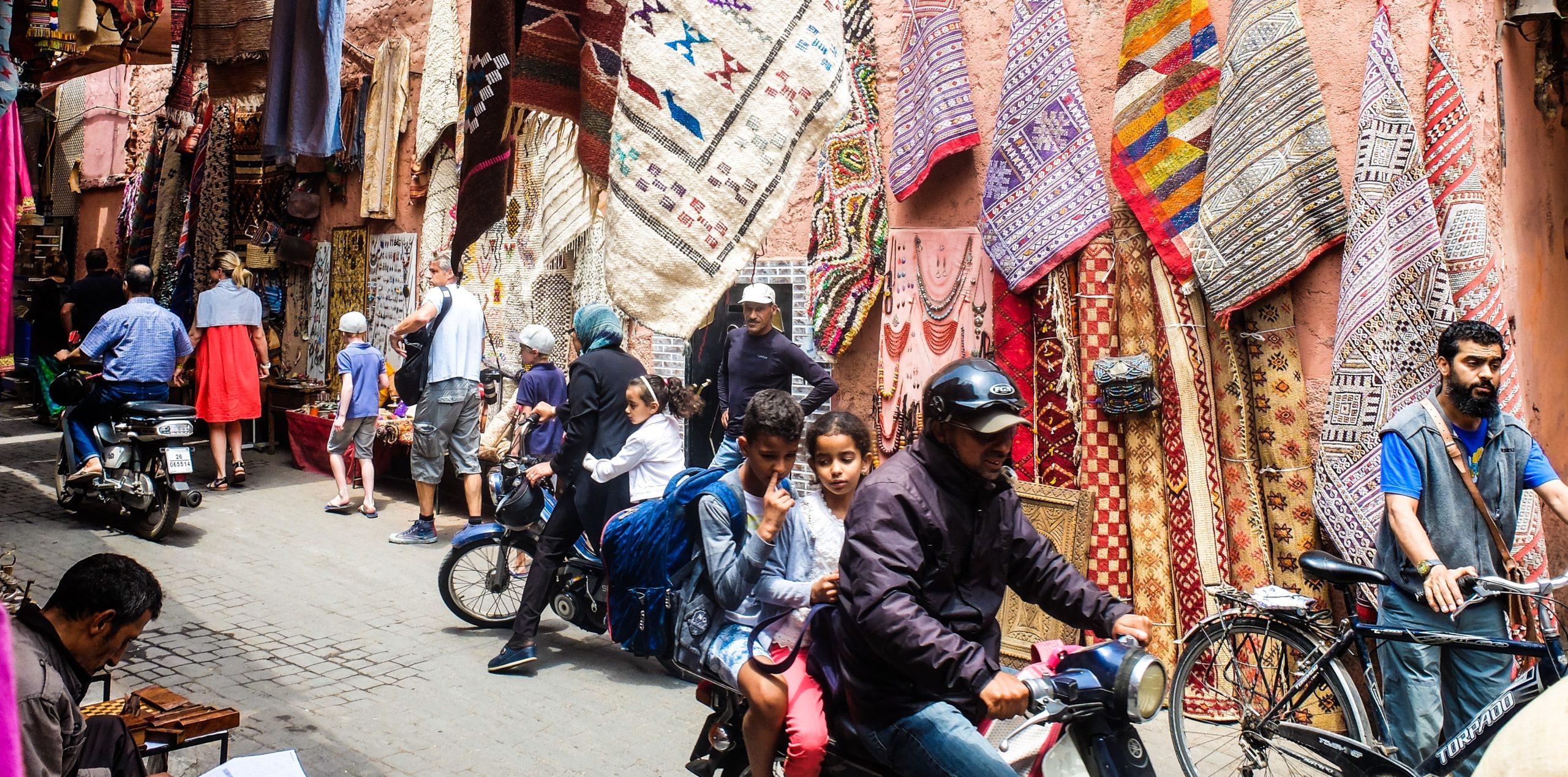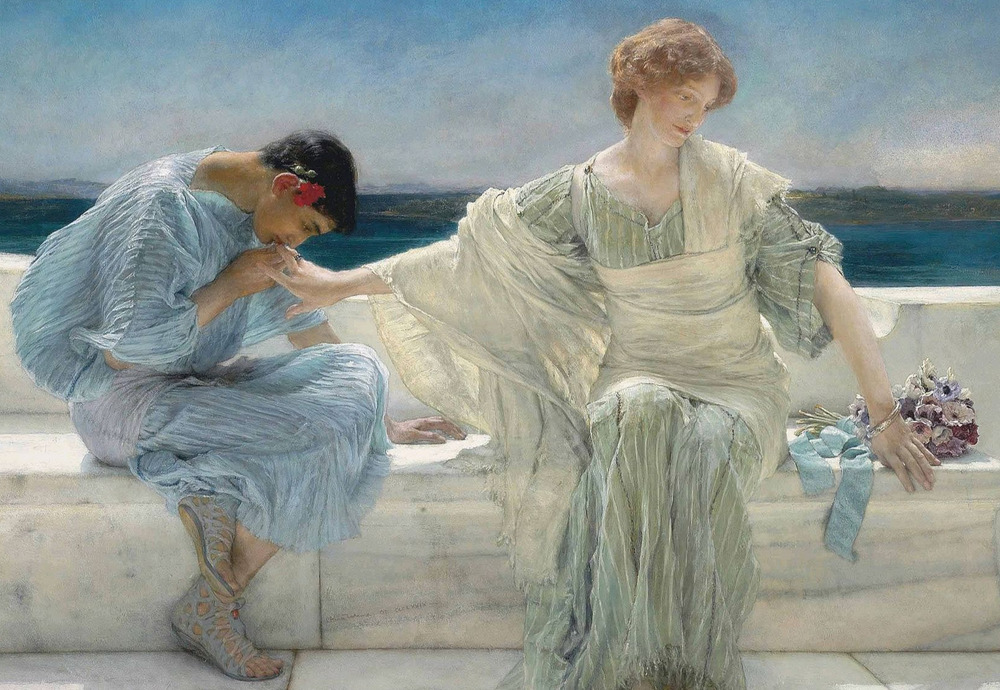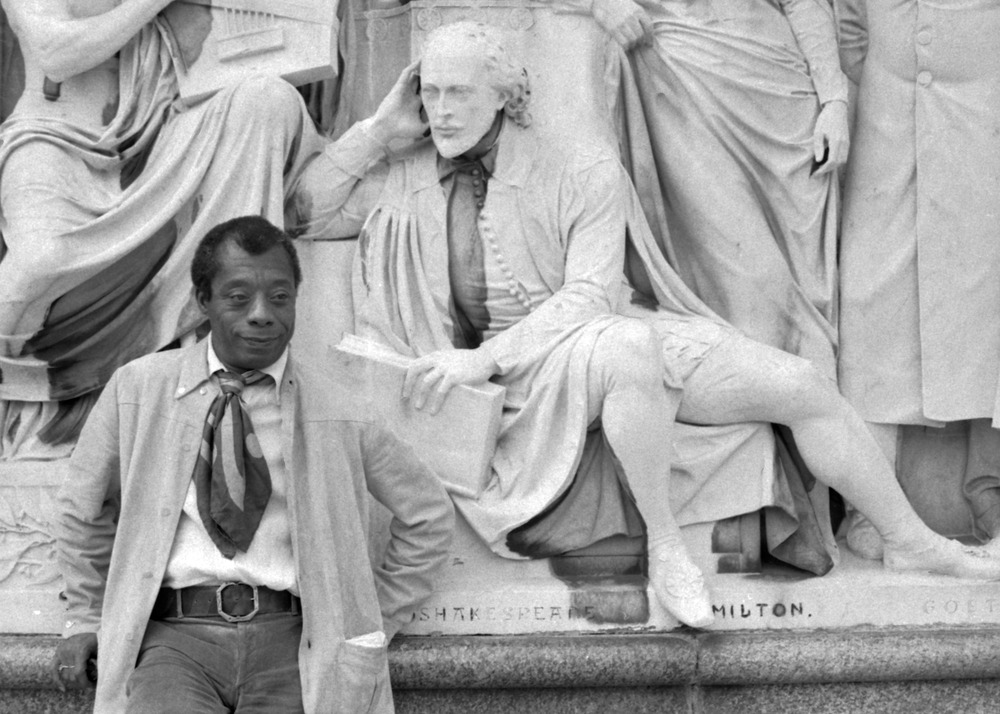Interviews
Justin Torres Re-Maps Queer History
The author of "Blackouts" on winking, reading, and growing into a gay literary uncle

Justin Torres’ much-awaited follow-up to We The Animals, Blackouts is a wandering conversation between an unnamed young queer narrator and Juan, an older man on the verge of death in a decrepit palace in the desert. At its center lies a book of sexology from the 1930s, Sex Variants: A Study in Homosexual Patterns. The book is a study of queerness and also an object of theft. The work, based on the research of writer and nudist Jan Gay, was appropriated to pathologize and “cure” homosexuality.
Torres retakes the Gay’s findings, and fills in the homophobic erasures with redacted pages from the book, illustrated works by Gay’s partner, Zhenya, and old photographs, with a foreground frame that is a remix of references including Juan Rulfo’s Pedro Páramo, Kiss of the Spiderwoman, and much more. The fragments are exhilarating in their seemingly tangential transitions (from a surreal scene out of Tennessee Williams’ A Streetcar Named Desire in real time to Voodoo Macbeth via Edna Thomas, who features in both and also in Gay’s study as “Pearl”) and linkages that forms a collaged, intimate (one family photo of a couple and their baby is “A personal image from a personal collection”) re-mapping of queer history. High concepts aside, the book is also hilarious. The narrator meets the literary dimes Juan drops in conversation with awe-filled purity: “…beyond quoting from Elizabeth Bishop’s ‘Visits to St. Elizabeths,’ which I misheard as ‘tell the time of the wretched man that lies in the House of Bedlam…’ and misunderstood to be a command; I thought Juan spoke to me of himself.”
The book’s dialogues apparently occur in multiple dimensions at once; in the characters’ past, present, and future; in and with other books and art; and most elegant of all, the reader. In a scene after Juan quotes extensively a passage about loneliness, “quaint homiletic posturing,” and reading memoirs from Kathleen Collins’ story “Interior” in Whatever Happened to Interracial Love? the narrator makes a connection to his own life and his presence at the Palace. Juan’s comeback, which ends the fragment, is “Oh? I thought this was a story about me, not you.”
I first met Torres when he came to a literary festival I curated in New Orleans to discuss We the Animals in 2013. Of the many illuminations he dispensed on panels, I remember most his wisdom about losing inhibitions: sing ten Whitney Houston songs in a song out loud and in your underwear before you sit down to write. Everyone’s (including the National Book Award judges, who put Blackouts on the shortlist of the 2023 prize before its pub date) favorite writer crush and I spoke about winking, reading, and growing into a gay literary tío.
J.R. Ramakrishnan: I am looking at Alexander Chee’s blurb about this book being a wink as it passes. It’s 1001 winks! How did it all start?
Justin Torres: I think you’re right about it being 1001 winks. I’m going to steal that and use that! That is one of the places that I started, which is this idea of a knowingness one has about the past and the broader connections to queer history. The narrator is in search of that knowing. I started with this Sex Variants: A Study in Homosexual Patterns, which I found when I was working in a used bookstore. I just knew I wanted to engage with that. After We the Animals, I was working on a horror story collection or a novel about a sex worker in his twenties in New York, but I lost that manuscript when I left my laptop on the train. There were the little pieces I had from that; from there I wove together the narrator, who’s living this life, and is lost in it, and from another man, who is much older. They’re in dialogue with each other, and the book itself is in a dialogue with itself.
JRR: I was re-reading Pedro Páramo again and in Susan Sontag’s introduction, she says he threw pages away for years.
JT: Yes, I read that he got rid of a lot! You have these moments that are difficult to put together but when you do start to understand the puzzle that Rulfo is building, it is really gratifying and brilliant. I wanted to do something similar and I’m not somebody who’s really interested in writing historical fiction. And whenever I tried, too much of the present got involved in trying to write about the past. So I just got rid of all that and emphasized the problem of being incredibly in the present and trying to write about the past, and really just bumping up against all these gaps in these erasures. I came to this textual engagement with the past that’s full of holes, instead of trying to write something very smooth like Wolf Hall. I enjoy those books, but I could never do it myself.
JRR: There’s a lot of sex, and then there’s the intimacy of the narrator and Juan, which is a friendship maybe. But, you say, they’d only known each other for a very brief period in a mental institution before the long conversation of the book.
JT: In a mental hospital, time has no interruptions. You are cloistered in silence, and the hours seem to stretch forever. Juan shows up and sits with the narrator and engages when he’s ready to. There’s an intimacy that develops under that pressure and alienation from your own life. This can be both incredibly magical and unforgettable. The narrator is at a point in his life where he is really using his sexuality to ingratiate himself with people. In the second encounter, he’s a different person altogether. He still wants to parade himself in front of Juan but it’s not the main point of their relationship. The sex is probably still there but their relationship is something sweeter.
JRR: Their conversations are about reading in general, and maybe the whole book too is about reading, literally and also in a deepest sense of being able to read life. You have that fantastic epigraph: “…human beings reveal themselves in whatever they read and write.” Then you have Juan making fun of the narrator and telling him that he doesn’t need to memorize passages, while Juan is quoting voluminously from all art!
JT: I had so much fun writing the character Juan because he is so literary and I am not. I’m not that person who can carry full quotes in my head. Yeah, I don’t have that Rolodex of reference points that some people can access so quickly. I really admire that. I love that you use that word “reading” because there’s so many connotations to that word. That someone or something can be read can mean a lot of different things, and it’s a real necessity to be able to read situations, read the world around you, and look for the subtextual. Certainly for queer communities, you have to be able to look to read and understand the subtext; the things that aren’t immediately relevant. The book is so much about reading absence. There are so many literary references and the children’s books [by Zhenya Gay] which get read for the subtext of what they have to say about race relations and queer childhood.
JRR: Can we talk about your endnotes? They are rather unconventional and at points, highly amusing while being quite educational overall.
After We the Animals, I was working on a book about a sex worker in his twenties in New York, but I lost that manuscript when I left my laptop on the train.
JT: I wanted the book to feel disorienting, in much the way that some of my favorite books are. My editor Jenna Johnson thought that there should be edited notes but she didn’t think the reader should know that they’re coming while reading. It made brilliant sense because it’s not the narrator’s project, he doesn’t quite know how to finish it, and he doesn’t quite know what he’s supposed to do with it, so the end notes are written from the perspective of the narrator. They’re not from me; they are fictional notes about facts. While they’re not going to explain everything, there are really clear arrows. If you’re interested in Voodoo Macbeth, I am giving you just enough to search it out. This is one of the things, honestly, that the book is about. When the narrator comes in and talks with Juan, he doesn’t know a lot. Juan is much smarter than him, and yet he’s also incredibly kind and generous. He says things that he knows are going to go over the narrator’s head, but he also invites the narrator to be curious. I love having people like that in my life.
JRR: I wanted to talk about the redactions and the erasure of history and you filling in the blanks, but you make a lot of links. I am thinking of the actress Edna Thomas a.k.a. “Pearl” (featured in Sex Variants study) and how you go from her scene in A Streetcar Named Desire to Voodoo Macbeth, and then how you draw a line from Jan Gay to the JFK assassination via Emma Goldman, with whom Jan’s father was in love.
JT: It’s one of the things that happens doing research if you’re not an academic, and you are not immersed in a tradition or have a purpose. Edna Thomas played the Mexican flower seller in the film adaptation of Streetcar. She is that connection to the study, in which most subjects were anonymous and untraceable, and she had a direct connection to Orson Welles, Tennessee Williams, and all of these other people. Jan Gay lived with Andy Warhol when he arrived in New York. The mind spins when you think of the overlaps and the ways in which people are connecting each other. When we look at history, we tend to separate the thirties from the sixties, when actually so many people are living through both times and they’re all touching each other, you know? Yes, I wanted the reader to have that experience of just being overwhelmed by the archive, but also being fascinated by these overlaps.
JRR: I want to ask you about queer lineages and families. I am thinking of when Juan chides the narrator for not knowing that Edna Thomas is “one of us.” Jan and Zhenya are parents of Juan for a while.
JT: I think about generations and lineages all the time. I’m of the generation just after the one that was decimated by the AIDS crisis. I grew up very, very aware and close to these people, who had lived through the worst. After it was over, there was this desire really to move on, which is natural. But it is a rupture and that I think that, unlike in heterosexual, normative family structures, where you’re just around people of another generation at that time and you hear their stories and you have this connection. With the lack of these intergenerational ties, it becomes incredibly important to actively seek out the parents, grandparents, and the ancestors. I want to understand what are the lineages, what are the inheritances, and what’s getting passed on to us.
JRR: Would you say then to the younger people coming to this book, you are something of a queer uncle? How do you think people will come to this book after We the Animals?
I want to understand what are the lineages, what are the inheritances, and what’s getting passed on to us.
JT: It’s been a while since We the Animals, and you know, I’m old now so maybe yes, I am the queer uncle now. I hope I’m not too full of it though! Some people might just give up on this book; not every book needs to be for everybody. I think the pleasure of We the Animals has to do with a sort of galloping lyricism and people were, “Oh I just read a whole book back-to-back and it’s been a couple hours.” It took me six years to write, by the way. There’s a pleasure in that immediacy that keeps a reader turning pages, but there’s another pleasure in the challenge of slowing down and figuring it out. For people who are into that slow burn, this might be the book for them. Maybe this is my more tantric work.
JRR: There is a lot of nothingness in this book, and it ends with the super clever riddles from Puerto Rican folklore, and you have the final, mysterious redaction in the end notes.
JT: At the start of the book, the narrator is having these blackouts, and just loses time. I believe it has to do with defense; sometimes it’s a protective gesture not to record what’s happening around you. You blackout and you are just not here. And then, there’s all the blacking out of the text, which is also a protective gesture to get rid of all this pathological language that’s been overlaid on top of these participants in this study from the 1930s and try to do something else with the text. The word “blackout” has connotations—blackout drunk or electricity grids failing—that are not necessarily the most positive. It’s the same for nothingness. Maybe not a very productive act but it can be a very protective one. Sitting with nothingness is the goal of Buddhism and yoga, right? To have an ambition towards nothingness and an acceptance of the inevitability of death, the final nothingness. We are all moving towards it, and Juan is trying to move with grace.
JRR: That 1001 winks comment I made earlier came from my reading of the book as a sort of Arabian Nights, and the stories being told as being life-giving or life-saving.
JT: That’s a brilliant reading and I think that the narrator sees himself as a kind of Scheherazade, right? He’s keeping both himself and Juan alive by stringing out these sexual tales, a bit of megalomania on his part. It’s the fantasy that I think that we all have about the power of stories to keep us alive. There’s also something really true about it also. The participants in Sex Variants study, like Edna Thomas and Thomas Painter and all the other anonymous subjects, do live on through this text in the stories that they told about themselves. So in a way, Juan is being kept alive by the act of the narrator putting together this book as well.
Juan is always quoting this Ezra Pound Canto: “What thou lovest well, remains, the rest is dross. What thou lov’st well, shall not be reft from thee.” I love this idea that if you invest in what you love, it remains. What you put effort into—the books, texts and literature—stays on but the rest falls away, which used to be true until very recently. A lot of things should be blacked out. A lot of things should succumb to the nothingness. Now, what you post, you are, on Instagram forever. It’s terrifying. But anyway yeah, I am sounding like that uncle now.









